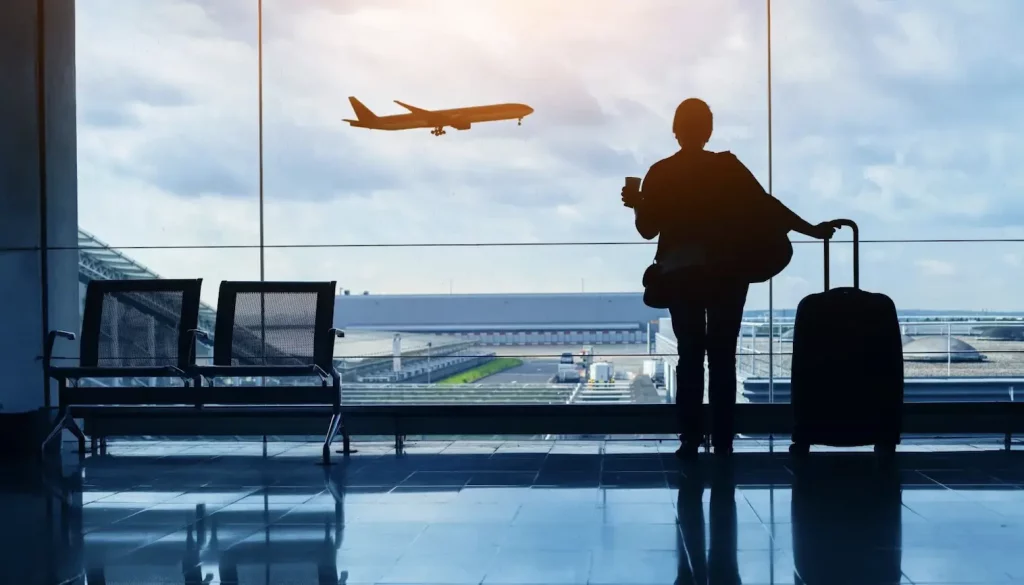Long before business travelers sought an experience-heavy agenda, incentive programs were delivering moments that reward prior performance and encourage future growth. Planners of these reward programs have consistently found themselves having to up the ante, ensuring top performers feel like true VIPs.
“Groups are looking to provide experiences that seem or are exclusive,” says Ali Collins, director of meeting planning at Goldman Management, a third-party meetings management firm.
High expectations are just one of the challenges incentive planners face. Geopolitical uncertainty and economic fears show signs of influencing how corporations implement these high-end gatherings.
Here, we look at five trends affecting incentive trips…
What’s New is New
Barcelona, the Greek islands and Venice are examples of local governments taking active steps guarding against overtourism, including by implementing new taxes on incoming visitors. Large crowds can lead to delays and other travel hassles and are a sign that trips to such desirable locations are not as exclusive as they once were, says Collins.
The solution is trying new destinations to freshen up the experience and avoid logistical challenges.
“A lot of companies are more open to looking at off-the-beaten path locations versus the overdone,” reports Collins.
Among the emerging international markets are the Galapagos Islands, Patagonia (in Chile and Argentina), and Norway, while Park City, Utah is rising in the US, says Collins.
Companies Are Eyeing Whole-in-Ones
Luxury venues accustomed to pampering guests are hot properties for planners seeking worry-free programs, says Annette Gregg, CEO of Society for Incentive Travel Excellence.
“Incentive travel is experiencing significant growth with all-inclusive resorts, cruises and luxury properties in high demand,” says Gregg.

Even posh properties that are not all-inclusive can come with perks like personal chefs and butlers, plus include enough restaurants and retail stores that guests don’t need to go off-site—all while providing that air of exclusivity. While pricier than a standard all-inclusive, companies may go this route for their highest performers.
Caribbean islands like the Bahamas and Turks and Caicos specialize in such experiences, as do Hawaii and Mexico.
Planners Are Leaning on Locals
Destination Management Companies can be a planner’s best friend for incentives, particularly in destinations a group may be traveling to for the first time. DMCs can identify partners to create authentic experiences that reveal the history and culture of a destination, which Gregg says remains an important piece of incentive travel. Likewise, groups are prioritizing preserving what makes a destination so special.
“We are seeing a commitment to authenticity and sustainability in program design, using more local vendors and non-traditional activities that benefit the local economies,” says Gregg.
Planners can consider tours of sustainable coffee plantations in destinations like Colombia and Puerto Rico, or have attendees participate in eco-tourism activities such as kayaking in bioluminescent bays—a popular excursion for many island adventurers. DMCs can also recommend farm-to-table restaurants that highlight the destination’s natural resources, and request the chef speak to your group about ongoing local initiatives.
Groups Are Watching the Economy
Amid financial concerns, including evolving market headwinds and squeezed budgets, at least one Southern-based insurance company has hit pause on its incentive plans, according to a source that spoke to Vendelux on the condition of anonymity. Even so, Gregg says this is not going to be the norm despite the high costs for exclusive experiences. “Because incentive travel has measurable ROI in driving sales results, stakeholders aren’t likely to remove it from their offerings,” she predicts.
That said, members of the Society for Incentive Travel Excellence (SITE) are slowing their decision-making process as corporations evaluate event funding. Collins says she’s seen a slight decrease in attendees/rewards winners, which could be attributable to companies changing the standards to earn incentive trips to help reduce costs.
The Industry Is Turning Over
COVID accelerated the pace of retirements among some of the event industry’s most experienced professionals, according to research from Freeman. As a result, companies are training new and younger planners to prepare valuable events, says Gregg.
“As companies have hired new employees these past few years, getting their teams adequately trained has been challenging,” says Gregg. “Our industry is losing a lot of experienced talent with the Baby Boomer generation beginning to retire.”
Among the trickle-down effects of this shift is organizations need to rebuild relationships with vendors who can help navigate supply chain issues—key for personalized gift bags and room drops—and organize unique activities that attendees expect.






